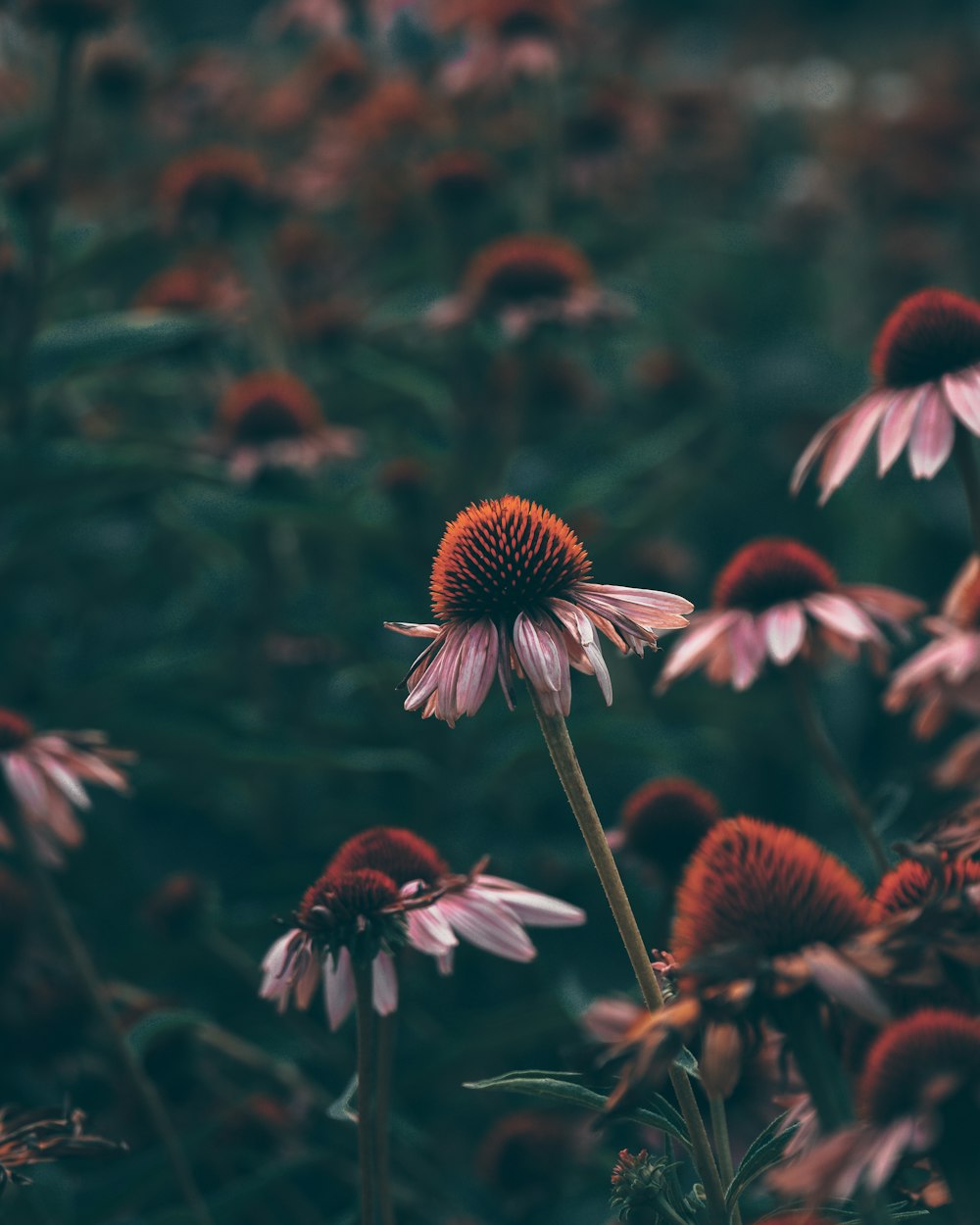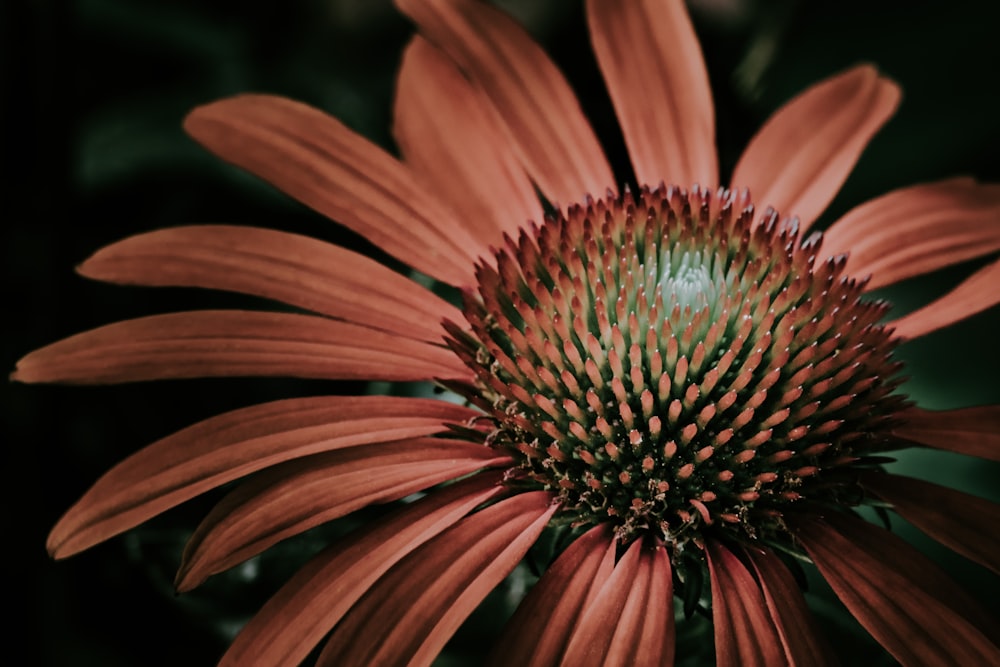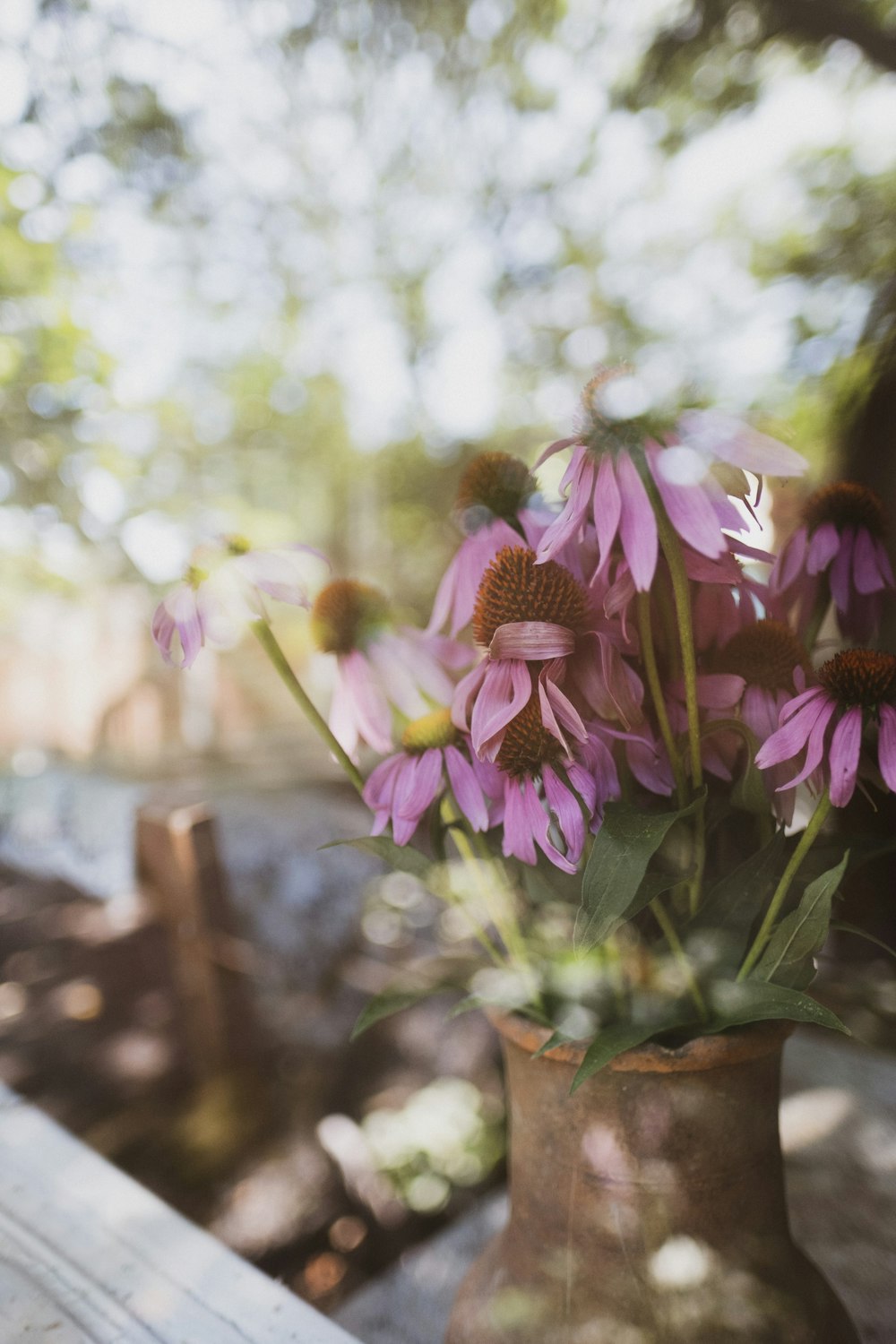
Echinacea I dried from the garden is looking mighty moody today and I love it. Can you even with that color?
A History of Indigenous Use
The name Echinacea comes from the Greek word echinos, a word used to describe the nature of a hedgehog or sea urchin (referring to the bristly, pokey cone at Echinacea's center). This North American native plant, also called coneflower, has been used extensively by indigenous populations for all manners of ailments. In Western tribes like the Ute, coneflowers are associated with elk and called "elk root," due to the belief that wounded elk seek them out as medicine. Roots were used as traditional healing herbs by many tribes, especially in the Great Plains and Midwest, to treat many types of swelling, burns, and pain. Coneflower has also been chewed ritually during sweatlodge ceremonies and is considered one of the sacred Life Medicines of the Navajo tribe.
Echinacea in Modern Use/Misuse
With such a purposeful history, it's unfortunate that echinacea got broadly promoted as a "cure for the common cold" by the masses. While it has been shown to increase T-cell counts and stimulate the immune system, it is not an antibiotic or antiviral that attacks pathogens, as it's been painted to be. The truth is, there is no one herb that is perfect for everyone. Especially if it isn't used properly. Herbs aren't like drugs where you take them to get rid of a symptom, causing wild side effects in the process. Herbs work with your own body's chemistry to restore balance so that it can do the work on its own. They aren't a bandaid or a cure-all.
TV doctors and supplement companies would like us to believe that a single herb will work for everyone in order to get sales. But since all herbs aren't for everyone, if it doesn't work for you then you're naturally led to believe that herbs in general don't work. Echinacea is just one herb that can be used to bolster the immune system, but many herbalists are more inclined to work with plants like elder, astragalus, turmeric, yarrow, and many others, depending on the individual. Hardly any herbalists I've spoken with during COVID have been recommending Echinacea for herbal toolboxes.
That said, if we do think about echinacea solely as an herb with constituents that can help bolster our immune system, we can find other ways to use Echinacea if we look deeper at what our immune system actually does. In it's simplest form: It protects us from pathogens that wish to do us harm. For that reason, I'm personally more inclined to use echinacea in its whole dried flower form as a protective energy. Her cones are shockingly spiky and her petals dry to an elegantly intimidating shape and hue, lending to her forceful presence.
Here are 6 ways to use Echinacea that aren't for the cold or flu:
+Echinacea is associated with the Earth element, lending a grounding and protective energy. Carry the dried root or flower during meditation to assist with spiraling, uncontrollable thoughts.
+Carrying Echinacea is thought to provide inner strength during trying times. Keep a small jar or sachet of it in your bag, pocket, or office drawer during these times.
+Keep echinacea in a jar near your front door or on your nightstand to shield from negative energy.
+Grow it around the house or cut it for a vase to draw prosperity into the home and protect the family from suffering from poverty.
+Use it as an offering, to a loved one you wish to protect or in your spiritual practice for place spirits and river Gods/Godesses.
+Including Echinacea in any ritual use is thought to increase effectiveness. It has been used historically as a tool to add powerful strength to rituals used in money, fertility, and abundance.
🌿✨🌿
What has been your experience with Echinacea? Do you take it when you feel a cold coming on? Let me know in a comment below!
Persons with allergies to other members of the Asteraceae family should exercise caution with Echinacea, due to the presence of Echinacea pollen. We recommend that you consult with a qualified healthcare practitioner before using herbal products, particularly if you are pregnant, nursing, or on any medications.



